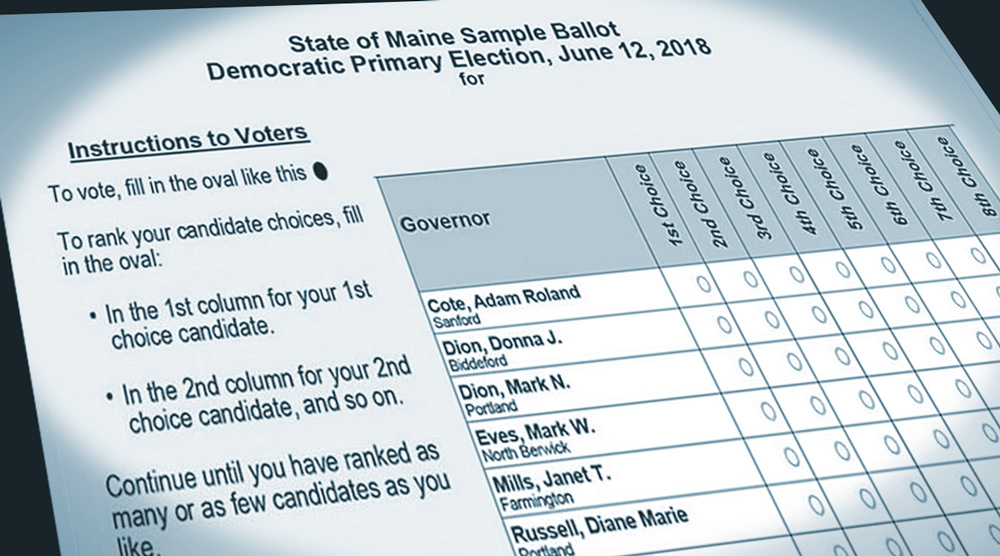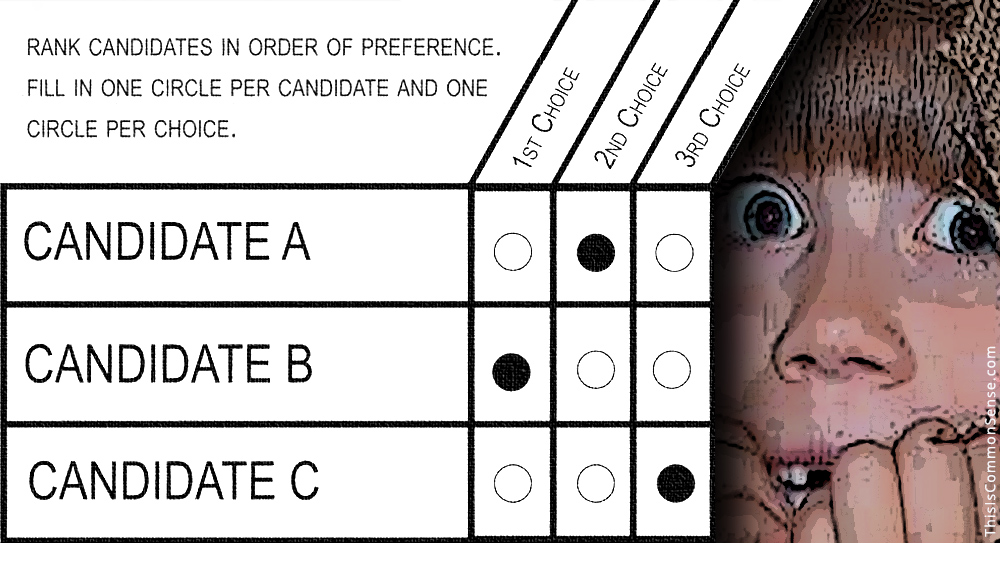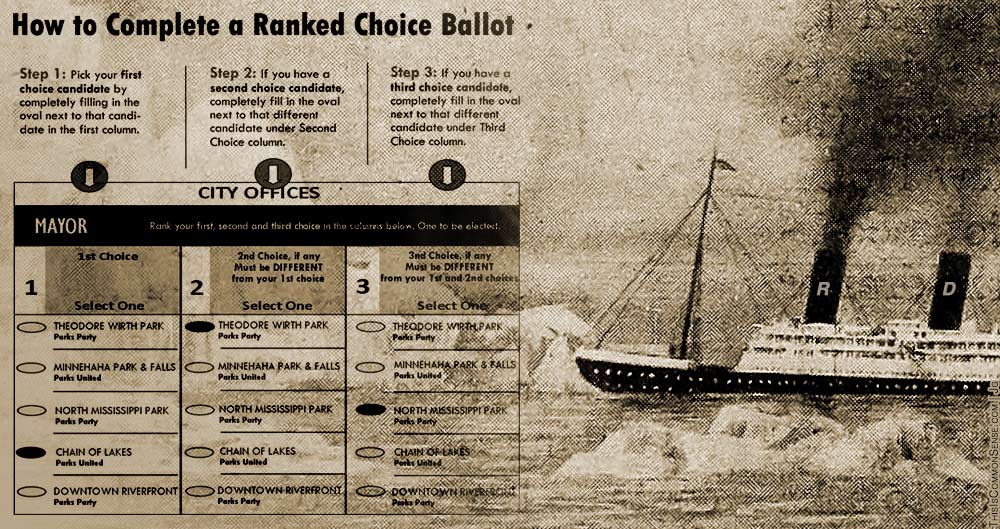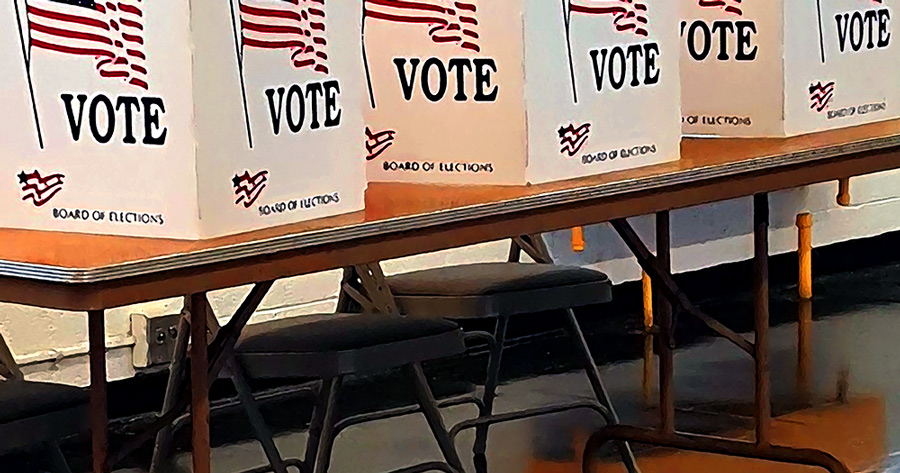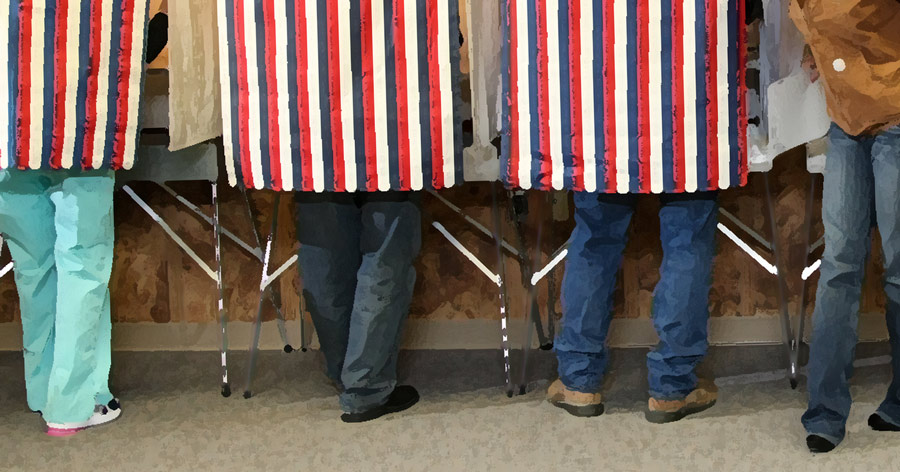Characterizing herself as a “moderate with a brain,” Bridget Phetasy writes that things have gotten so bad that now “every vote is considered a statement on your personal identity and worth.” Her article in Spectator USA, “The battle cry of the politically homeless,” paints a bleak picture.
“Your value, who you are, what kind of world you want, whether or not you’re a good person or an evil person … it all boils down to which lever you pull. Damn your reasons. Vote for the ‘right’ person, or else you are a fascist, or a racist, or a globalist, or a communist.”
Ms. Phetasy expresses fatigue at “being afraid to voice my own opinions, of knowing how saying the wrong thing at a barbecue while someone is filming on their iPhone could result in a nationwide clarion call for my head on a pike.”
I, however, feel not one whit of a compulsion to cave to what Phetasy says is the “totalitarian-like” demand of the two parties for “devotion to their ideology.”
How did I become so blessed?
I know that Trumpians have almost no way to rationally defend their major positions — protectionism being the tippy-top of an Everest of an iceberg. Meanwhile, the far left is worse, flushing the old wine of socialism through the new-but-leaky bottles of racist (“anti-racist”) resentment.
Can we really fear such intellectual paper tigers?
There is a way out: Ranked choice voting. Witless partisanship rests on the A/not‑A (=B/not‑B) duality rut of the two-party system, into which I have never purchased admission. None of us are required to — and won’t be tempted to once our absurd electoral system is swapped for one not programmed to create false binaries.
This is Common Sense. I’m Paul Jacob.

Photo by Aaron Jacobs on flickr
See all recent commentary
(simplified and organized)
See recent popular posts



